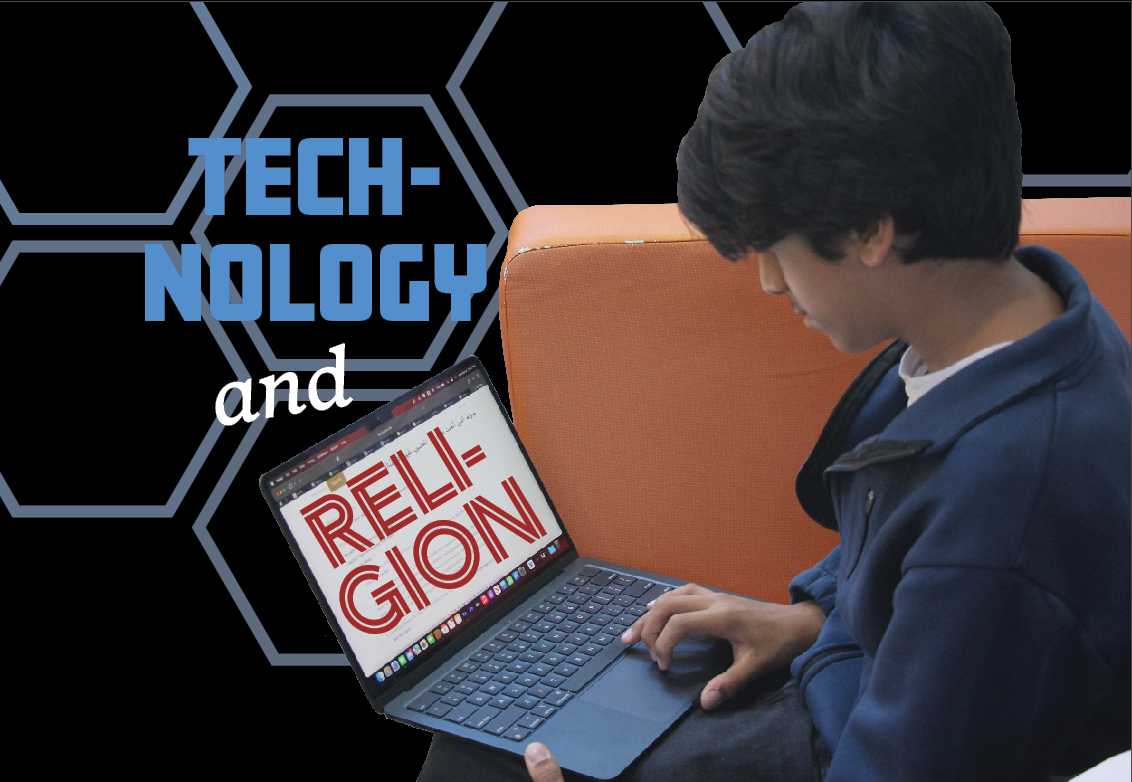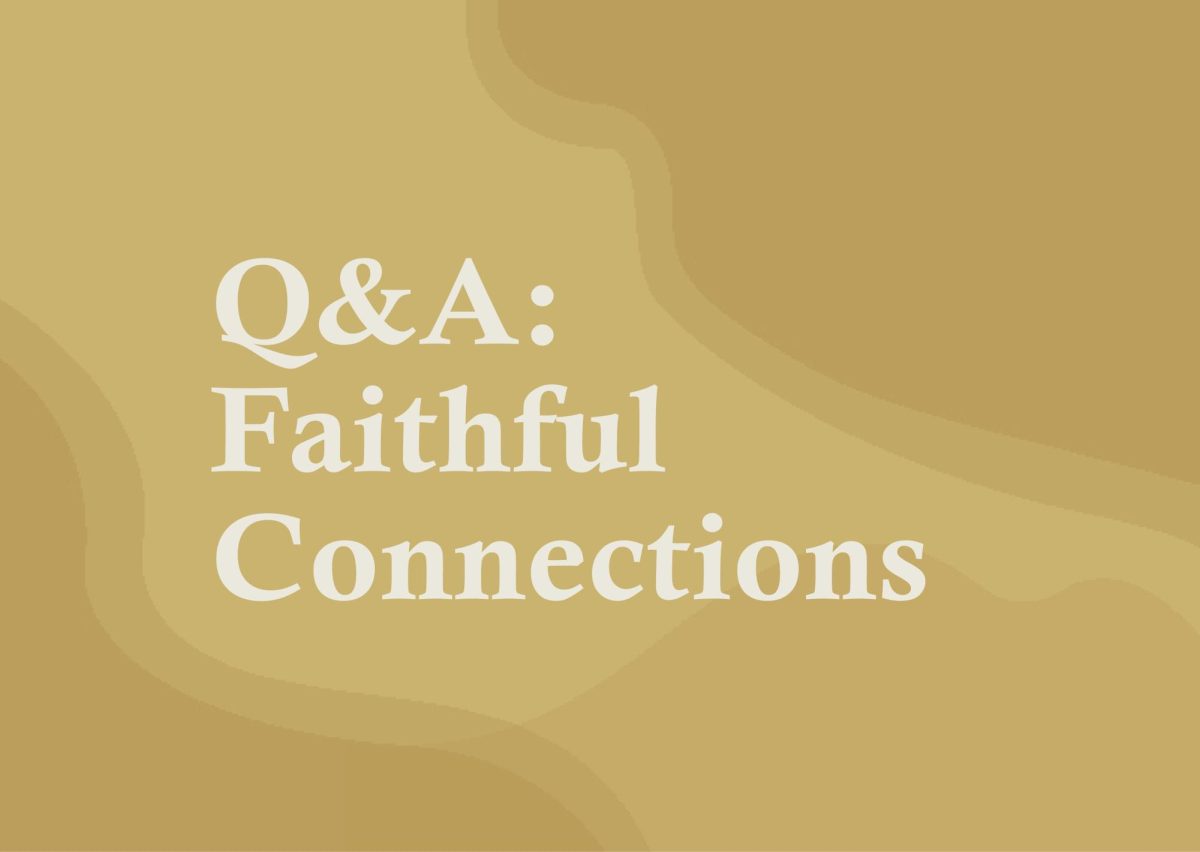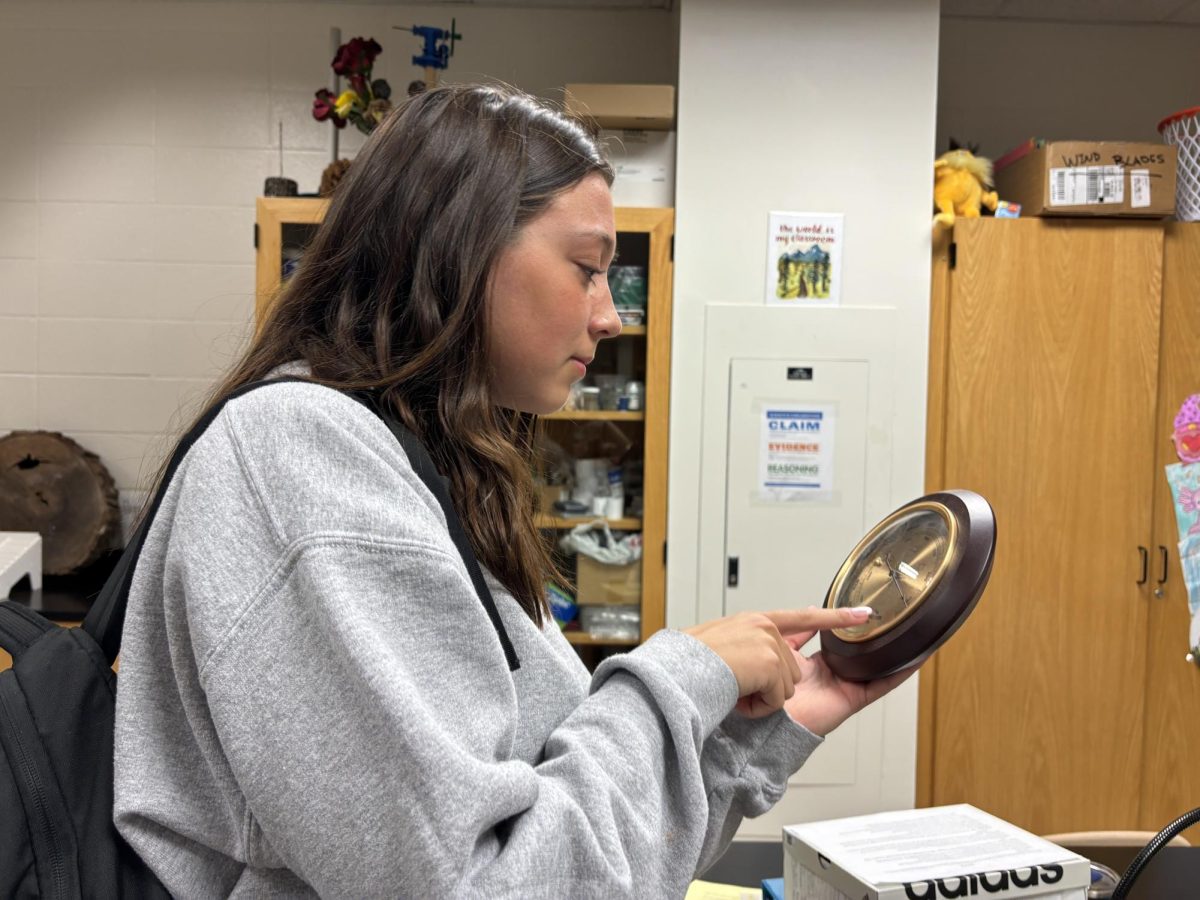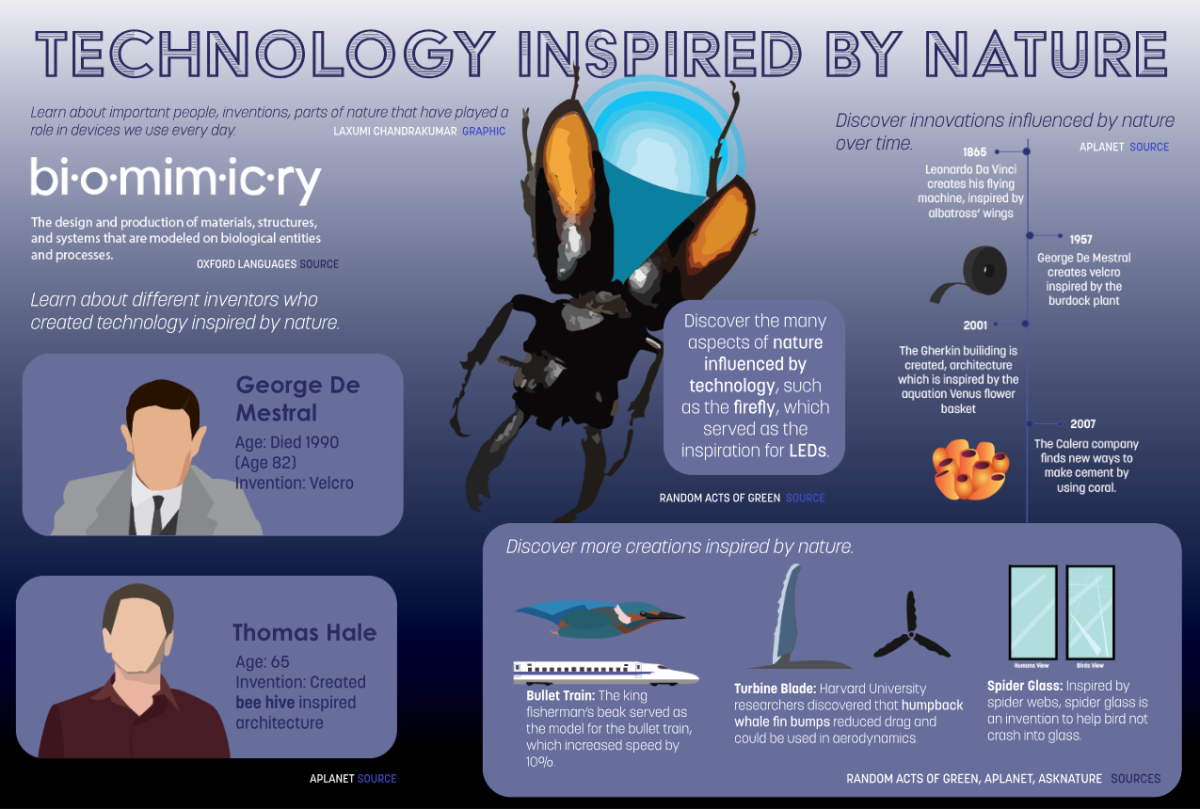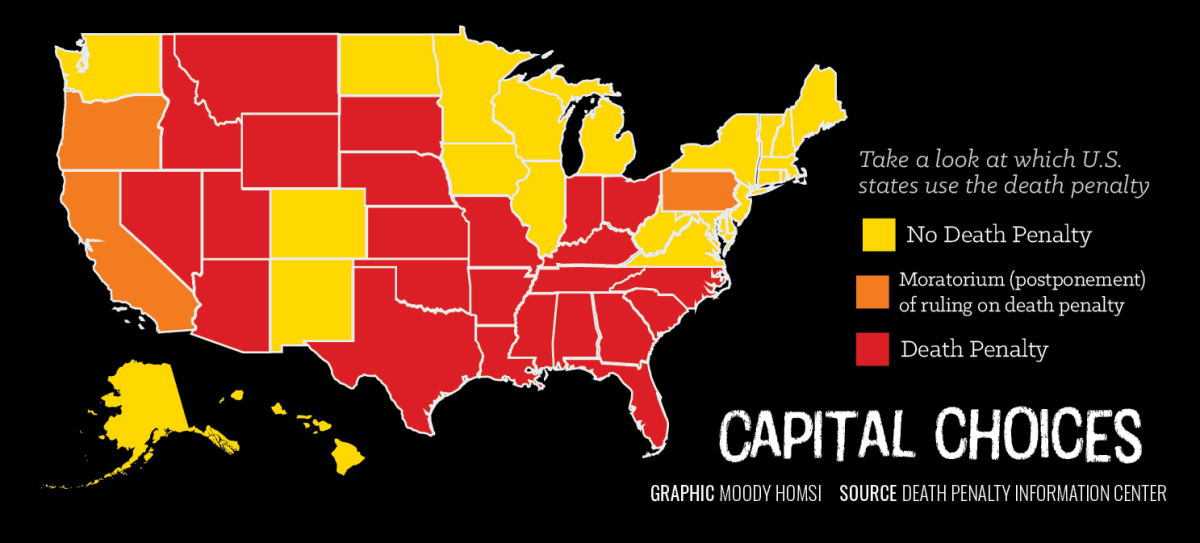
Religion has been a pillar of many societies for centuries. In fact, according to a study conducted by the Pew Research Center in 2020, 70% of Americans identify as religious. While religion continues to play a role in many people’s lives today, so does technology, and, at least for sophomore Ismail Kheiri, it’s actually made it easier for him to practice Islam.
“(Practicing Islam) has become more accessible to a lot more people. They hear (more) about it online, and people can start talking about their own religious journey, and people can find resources (to help people) find their religion,” Kheiri said. “I think overall, more people have become religious if they see something online, or if they hear more things that they might have been doing wrong online.”
Junior Eesha Singh said she has also seen technology make practicing a religion easier, especially Hinduism, as most of the holy texts are online.
“Hinduism is a pretty ancient religion, so initially, obviously they didn’t have technology involved in it. (But now), it’s a lot easier to practice Hinduism, (because we live in) a technology age,” Singh said. “A lot of information is online, and you don’t have to reference books and stuff to get information (about Hinduism).”
Additionally, Singh said technology has helped her understand her religious identity and immerse herself in Hinduism better.
“I think (technology) has definitely helped me become a better Hindu,” Singh said. “(I can) understand my religion a bit more. Especially growing up in the United States, where Hinduism isn’t commonly practiced, it’s pretty hard to stay close to your roots, (and) technology really helps (with that).”
Senior Rebecca Lee said technology has helped spread the word about all religions and made religion more accessible to learn about and practice.
“I think for all religions, technology can definitely help it spread faster so more people know about it. I see lots of posts online about other religions along with Christianity already,” Lee said. “I think combining religion and technology would be cool, more people would definitely know what these religions are.”
Looking more broadly, Rabbi Roxanne Shapiro, who works at the Indianapolis Hebrew Congregation, said technology has significantly changed the way people practice Judaism.
“Jews, for a long time, have called ourselves ‘the people of the book.’ (This is) not just (in reference) to the Jewish Bible, but to the importance of study in our tradition. Countless perspectives on our religion and life, in general, have been preserved through texts throughout the generations, but today, more people turn to Google than to a book,” Shapiro said.
Despite these benefits, Shapiro said there are still drawbacks to using technology within Judaism.
“I think most clergy will tell you that they are busier than ever because people can reach out in all different ways, but the challenge is that we don’t see them in person as much as we did before,” she said. “With technology, our ‘gates’ opened wider, but I think we lost that sense of in-person connection. We are exposed to a lot more information, but the filter isn’t there, so a lot of that information just isn’t accurate, but we will never know what people are reading or (aren’t reading).”
Lee said she agreed with Shapiro and said she sees drawbacks to technology within Christianity as well.
“Boundaries should always be respected and religion should never be forced on people,” Lee said “On posts about religion on social media, I see too many comments trying to force one religion on someone which shouldn’t be happening.”
Kheiri also said technology can be harmful to Muslims. He said not only can it harm those who practice Islam, but it can show non-Muslims harmful perceptions of Muslims, which harms the Islamic community as a whole.
“I think technology can help us become better Muslim people, but it can also hurt us (when people) spread misinformation,” Kheiri said. “(You can definitely be influenced) by people who are maybe doing not very religious things online, or something that might go against your religion. Things in general that would be considered sinful have become popularized, and I think that is one thing that can affect people’s religious identities.”
Overall, Shapiro said technology may change the way certain practices within religion work, but it does not change the fundamentals of being religious.
“The one area that I note that has not been affected by technology is one’s personal relationship with God,” Shapiro said. “It is interesting to me that almost every other aspect of religion—for all religions—has changed in societies where technology is accessible to the majority, but in any religion, I can think of, definitions of and relationships to God have not changed.”


